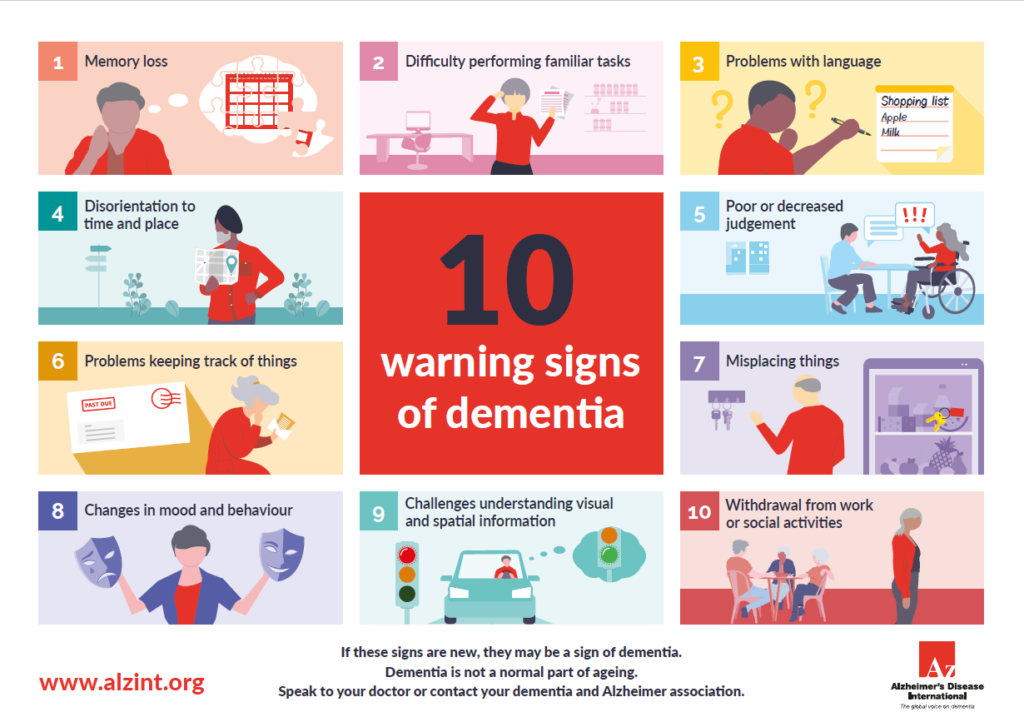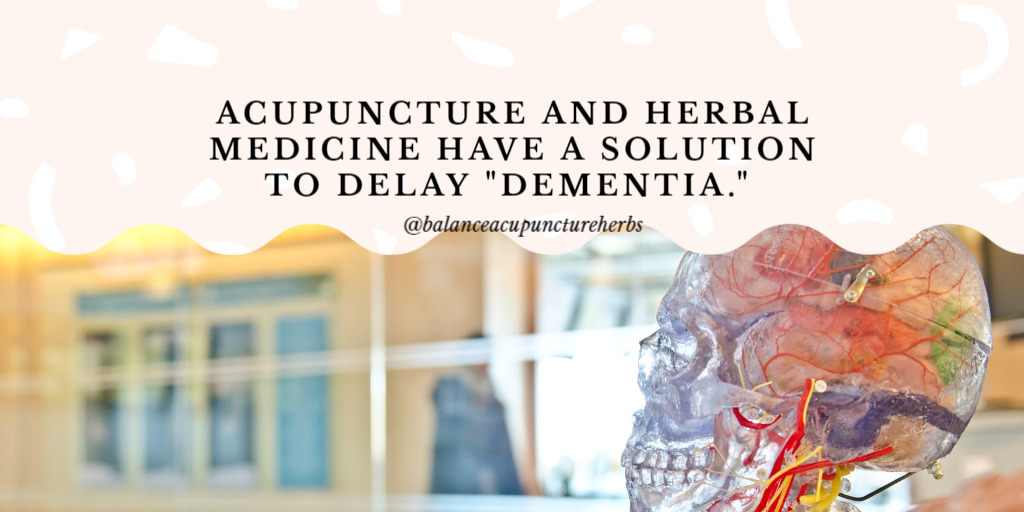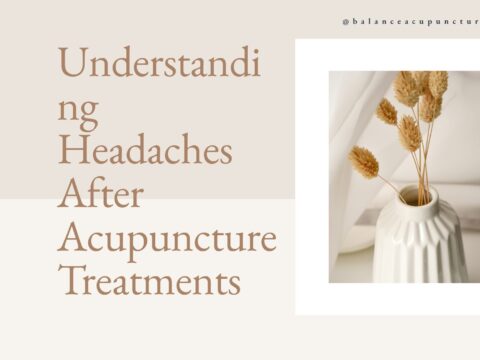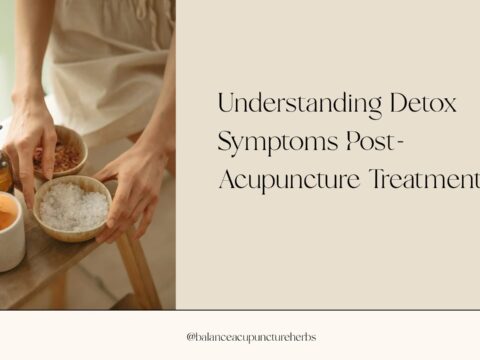
Post-COVID Health: TCM CARE
June 2, 2022
Night sweats is deficiency?!
June 21, 2022|
Getting your Trinity Audio player ready...
|
Acupuncture and herbal medicine have a solution to delay “Dementia.”
What is Dementia?
Is Dementia a normal aging?
Dementia is abnormal aging and is a progressive brain disease. The patient is conscious. In addition to cognitive impairment, there may also be personality changes, aggressive behavior, abnormal behavior, irritability, depression, restlessness, delusions or hallucinations, and other mental symptoms. But it is not a mental illness that affects interpersonal relationships and life. Family and friends who do not understand dementia may not realize that the patient has dementia and call the patient dotard, especially in early-onset dementia, which occurs before age 65 but is often ignored and diagnosed. Acupuncture and herbal medicine can help with dementia.
Type of Dementia
Dementia can be divided into Alzheimer’s disease, Vascular dementia, Lewy body dementia, Fronto-temporal dementia, Mixed dementia, and Reversible causes. The most common cause is degenerative Alzheimer’s disease, followed by vascular dementia (cerebral nerve damage caused by cerebrovascular disease). Reversible causes include drugs, emotional disorders (such as depression), endocrine and metabolic diseases (such as hypothyroidism), tumors, trauma, nutritional deficiencies (such as vitamin B6 or B12 lack), and infections. Unfortunately, less than 5% of reversible dementia can improve or restore cognitive function after treatment.
What are the signs and symptoms of Dementia?
The symptoms of each dementia patient are different, and the symptoms of different types of dementia are also various. Therefore, the International Dementia Association proposes the ten most common dementia warning signs to detect dementia early and intervene in treatment.

TCM view of Dementia
As the age increases, the human body ages, and the qi, blood, yin, and yang gradually become unbalanced. In the view of TCM practitioners, the kidney is the innate foundation and is related to human genetic factors. The kidney stores the essence, the essence produces the marrow, and the brain is the sea of marrow, so the kidney and brain functions are closely related. The deficiency of the kidney and essence leads to the emptiness of the brain and marrow, and the insufficiency of the spleen causes water-dampness to condense into phlegm-dampness, which cannot transform qi and blood. Phlegm dampness inhibits the movement of qi and blood. Therefore, the deficiency of the kidney, heart, brain, spleen, and other organs is associated with the occurrence of dementia.
Acupuncture and herbal medicine can help with Dementia
Traditional Chinese medicine primarily focuses on the heart and kidneys. It uses herbal medicine and acupuncture points to promote blood circulation, remove phlegm and open orifices, calm the heart, and soothe the mind. Depending on the course of dementia, there are different treatment goals due to various symptoms and severity.
The proportions of pharmacological classifications in herbal medicine are also different in different stages of the disease course. For example, nourishing and heat-clearing agents are the most commonly used in the early stage. In the middle stage, tranquilizers, harmonize, and release formulas are mainly used, and in the end stage, dampness, phlegm-removing, and nourishing formulas are the most commonly used.
Acupuncture and herbal medicine: assist to delay the disease according to the course of the disease and reduce complications
According to the different courses and severity of dementia, the therapeutic goals of TCM intervention are also different. For example, for mild dementia with mild cognitive impairment, the purpose of treatment is to maintain cognitive function and delay the deterioration of brain function.
moderate dementia
On the other hand, suppose there is moderate dementia, and the patient has mental and behavioral symptoms. In that case, the goal of treatment is to stabilize the patient’s mood and reduce irritability, anxiety, delusions, and aggressive behavior.
severe dementia
In treating severe dementia patients, it is necessary to maintain their living functions and reduce the occurrence of intubation and serious complications. For example, patients in the terminal stage often have dysphagia, malnutrition, poor swallowing function, and choking, and suffer from aspiration pneumonia, urinary tract infections.
TCM treatment
The infection leads to sepsis and death. TCM treatment can also improve patients’ swallowing function and reduce the rate of patients requiring nasogastric tube feeding because they cannot eat independently. Suppose the combination of traditional Chinese and Western medicine treats dementia in the long run. In that case, it can reduce the hospitalization rate of pneumonia in dementia patients and reduce the need for long-term catheterization.
Read More:
Chinese Herbal Medicine and Acupuncture For Infertility
[Depression ] Acupuncture for Depression(Opens in a new browser tab)
Cancer- Adjuvant therapy for cancer and ways to improve side effects.
Parkinson’s Disease in Acupuncture
[wpseo_address show_state=”1″ show_country=”1″ show_phone=”1″ show_phone_2=”0″ show_fax=”0″ show_email=”0″ show_logo=”0″]
[wpseo_map max_number=”undefined” width=”400″ height=”300″ zoom=”-1″ map_style=”roadmap” scrollable=”1″ draggable=”1″ show_route=”0″ show_state=”0″ show_phone=”1″ show_phone_2=”0″ show_fax=”0″]
Reference:
- Pei, Hui et al. “Traditional Chinese Medicine for Alzheimer’s Disease and Other Cognitive Impairment: A Review.” The American journal of Chinese medicine vol. 48,3 (2020): 487-511. doi:10.1142/S0192415X20500251
- Li, Hongxing et al. “Network Pharmacology Study of Heat-Clearing and Detoxifying Traditional Chinese Medicine for Alzheimer’s Disease.” Evidence-based complementary and alternative medicine : eCAM vol. 2020 7831675. 24 Apr. 2020, doi:10.1155/2020/7831675
- Jia, Yujie et al. “Acupuncture for patients with mild to moderate Alzheimer’s disease: a randomized controlled trial.” BMC complementary and alternative medicine vol. 17,1 556. 29 Dec. 2017, doi:10.1186/s12906-017-2064-x
- Guan, Xiuju et al. “Effectiveness comparisons of acupuncture treatments for vascular dementia: A protocol for systematic review and network meta-analysis.” Medicine vol. 100,2 (2021): e24079. doi:10.1097/MD.0000000000024079
- Li, Song et al. “Traditional Chinese medicine for dementia.” Alzheimer’s & dementia : the journal of the Alzheimer’s Association vol. 17,6 (2021): 1066-1071. doi:10.1002/alz.12258
- Yu, Chao-Chao et al. “Effects of Acupuncture on Alzheimer’s Disease: Evidence from Neuroimaging Studies.” Chinese journal of integrative medicine vol. 25,8 (2019): 631-640. doi:10.1007/s11655-018-2993-3
- Alzheimer’s Disease International (2021). World Alzheimer Report 2021: Journey through the diagnosis of dementia.
- Alzheimer’s Disease and Healthy Aging.




